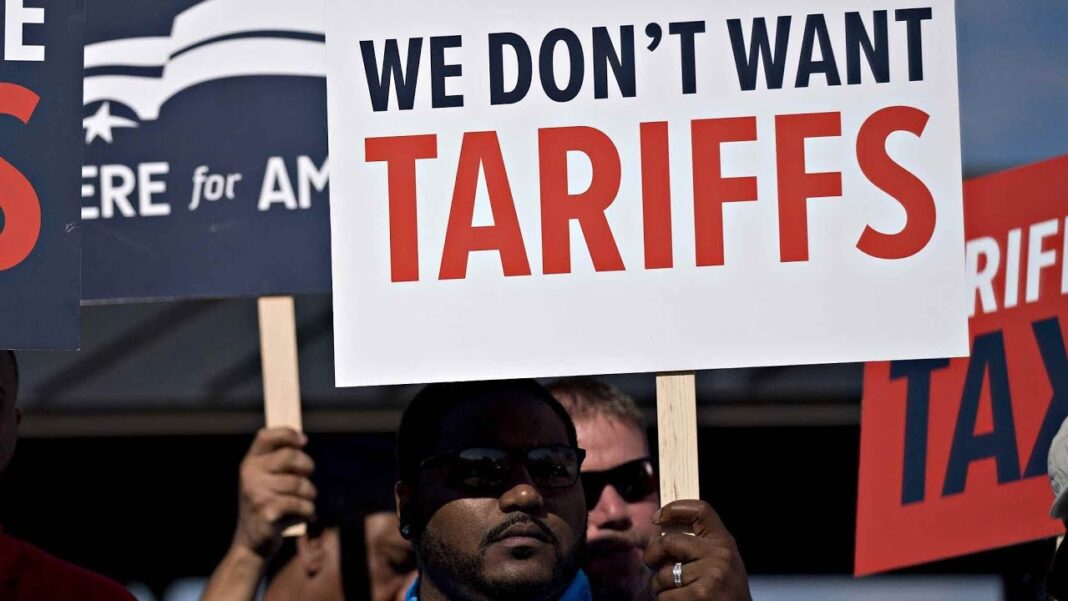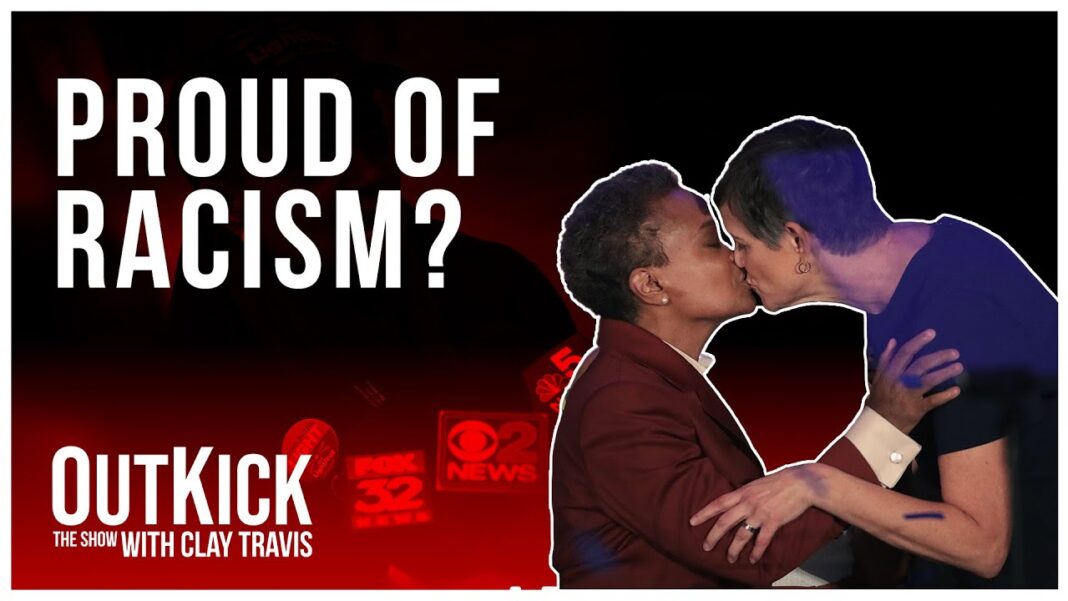A growing number of states are passing laws prohibiting inculcation of the quasi-Marxist Critical Race Theory (CRT) in schools and other government institutions in response to mounting opposition to the ideology.
Governors of Tennessee, Idaho, Arkansas, and Oklahoma have already signed anti-CRT bills. In Texas, Arizona, and Iowa, similar bills are awaiting signatures from their governors.
North Carolina and Utah have passed anti-CRT bills in one legislative chamber so far. Lawmakers in several more states proposed such bills, but haven’t had much success pushing them through.
CRT redefines human history as a struggle between “oppressors” (white people) and the “oppressed” (everybody else), similarly to Marxism’s reduction of history to a struggle between the “bourgeois” and the “proletariat.” It labels institutions that emerged in majority-white societies as racist and “white supremacist.”
It has gradually proliferated in recent decades from academia to government structures, school systems, and the corporate world.
Proponents of CRT have argued that the theory is “demonstrating how pervasive systemic racism truly is.”
Opponents say the theory’s argument about systemic racism is riddled with fallacies and includes totalitarian elements of coercion and suppression of dissent.
Some of the bills aim to keep CRT out of the classroom, some are limited to bans on training government workers in CRT.
The bills don’t mention CRT specifically, but focus on its tenets, such as banning inculcation of “divisive concepts” that claim, for instance, that “an individual, by virtue of his or her race or sex, is inherently racist, sexist, or oppressive, whether consciously or unconsciously” and that “an individual, by virtue of his or her race or sex, bears responsibility for actions committed in the past by other members of the same race or sex.”
The bills usually include a clause that makes clear teachers are free to talk about CRT or related topics as long as they don’t endorse such “divisive concepts.”
BY PETR SVAB






